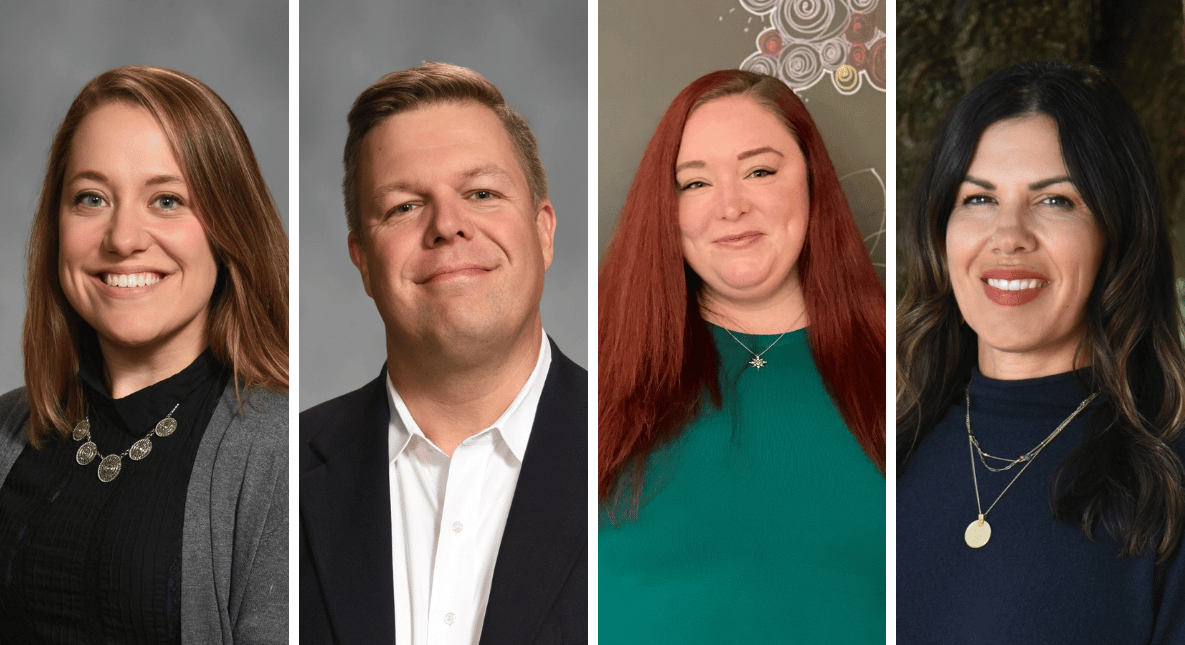How to Achieve More Tolerable and Manageable Stress
The prolonged nature of the COVID-19 pandemic is increasing stress and anxiety levels of people of all ages, and has the potential to take a much broader toll on our well-being.
Now is a time for community and rethinking the way we normally care for ourselves and others. Responsive social interactions are important to coping with stress, trauma, grief, and loneliness, as are other efforts to prevent and alleviate the short- and long-term physiological and psychological impact of toxic stress. Taking steps to boost feelings of safety, build predictability, and regain control can serve to alleviate stress to a more moderate, tolerable level.
As you go about your day, reflect on how you can build safety, predictability, and control into your own life and those in your household or who are close in heart and mind during our social distancing. It is okay if the ideas do not flow or you feel stuck, there is reassurance in knowing you are already taking steps to build these into your daily life (for example, handwashing, helping your child get into a virtual school routine, taking vitamins). Moving ahead, try adding one new step to your daily routine, even doing one seemingly small thing differently can be what starts your day off on a better foot or what makes someone in your household smile or feel a greater sense of agency.
For ideas on building safety, predictability, and control, go to:
- The American Foundation for Suicide Prevention (AFSP) Taking Care of Your Mental Health During the Coronavirus Outbreak
- The National Child Traumatic Stress Network’s Parent/Caregiver Guide to Helping Families Cope With the Coronavirus Disease 2019 (COVID-19)
- The World Health Organization’s six Parenting in the Time of COVID-19 tip sheets
To learn more about common signs of stress, how to relieve stress, and when to get help, go to SAMSHA's Coping With Stress During Infectious Disease Outbreaks.
If your stress feels out of control, talk to someone you trust or seek professional support.
- Ask for help by saying: “Can I talk to you?” “I need your help.” or “I have a problem. Can I get your advice?”
- Get connected with the right professionals through your family doctor, school nurse, counselor, or psychologist. Free support hotlines and online groups (also featured on the divisional myMA resource boards) include:
- Safe2Say Something: 1-844-SAF2SAY (723-2729) or download the app
- The Disaster Distress Helpline: 1-800-985-5990 or text “TalkWithUs” to 66746
- PA Department of Human Services (DHS) Support & Referral Helpline 24/7, toll-free, 1-855-284-2494.
- National Suicide Prevention Lifeline: 1-800-273-TALK (8255)
- Crisis Text Line - Text “HOME” to 741-741
- Online AA groups and Al-anon family groups
- NAMI-LV Free Online Support Groups
- Bradbury Sullivan LGBT Community Center


 myMA
myMA











